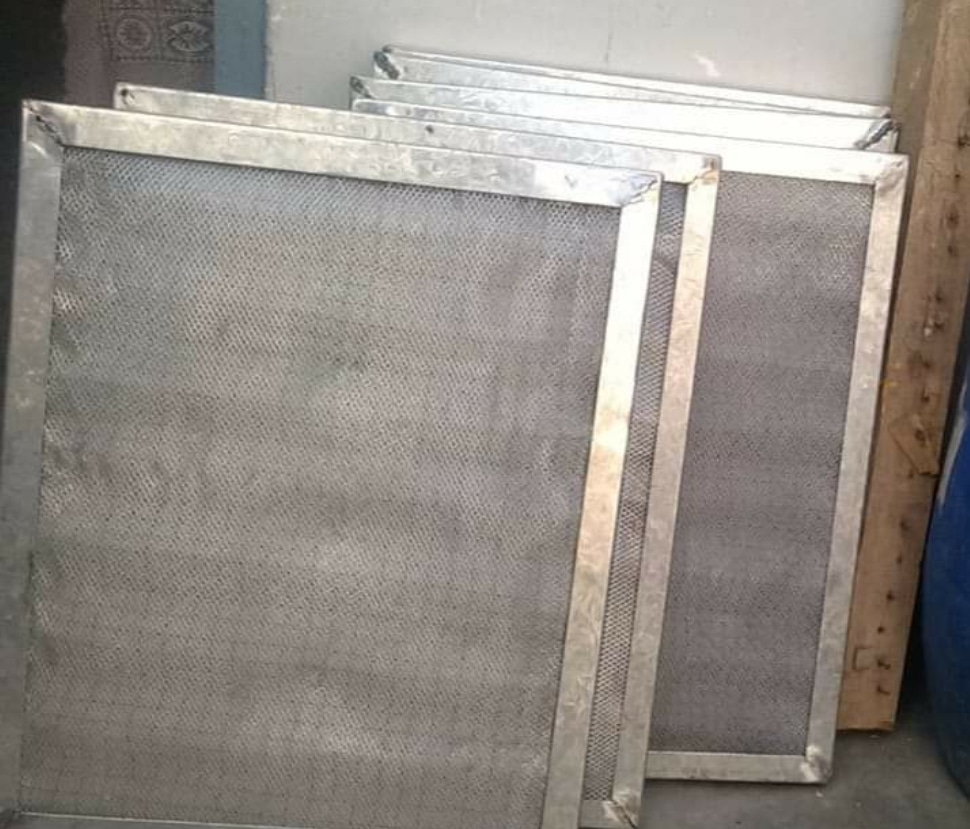The term HEPA means “High-efficiency Particulate Air,” sometimes called “High-Efficiency Particulate Arrestance,” and what that basically means is that it’s a special kind of filter that captures microscopic particles. A HEPA filter removes particles like dirt, pollen, spores, pet dander, bacteria, smoke, and particulates that come from outdoor pollution.

Types of HEPA Filters?
Another issue concerning HEPA filters is that they are available in various types, such as True HEPA, HEPA-type, or simply plain HEPA filters. However, the differences between them are significant. Essentially, a True HEPA filter is the best kind due to its certification to capture 99.97% of particles down to 0.3 microns in size. True HEPA is more efficient than HEPA Types.
The efficiency of HEPA Filters?
High-efficiency particulate air is capable of filtering particles as small as 0.3 microns with an efficiency range of 99.97%. HEPA air cleaners are devices designed to remove microscopic contaminants from the air, as the name suggests. However, it’s important to note that HEPA filters cannot capture viruses, odors, or chemical gases, which is their only downside.
For example: if a return air contains 10,000 particles per ft³ and passes through these filters, then it passes only three particles out of 10,000 particles. Those particles are either too tiny or need another reasonable filter to capture them.
On the opposite hand, filters labeled as HEPA-like, HEPA-type, or HEPA will solely capture particles.
Related: Pharmaceutical AHU and HVAC Components
Uses of High-efficiency particulate air Filters?
The HEPA filter is used to protect drug products from air pollutants or air-borne particles; so by using it, product quality can be maintained. Its use is typically in pharmaceuticals, FMCG, military, biological labs, nuclear labs, and medical facilities. High-efficiency particulate air filters are safe for use because they release very few fibers into the air, so there are no harmful effects on the human body.
MOC of HEPA Filters?
HEPA Filters are made of borosilicate glass fibers or sheets of plastic fibers (e.g., polypropylene). Ceramic glass fiber is used in the case of the hot zone or Depyrogenetic conditions. They are easy to wash. Wash the filters with purified water followed by drying them with air.
How Does HEPA Filter Work?
HEPA filters work in Four ways:
Direct impaction: Large particles stuck inside the fibers after a collision.
Sieving: Large particles shucks between the fibers.
Interception and diffusion: Due to Airflow, the small and medium particles rotate around the fibers and shuck inside them.

Naresh Bhakar is the Founder and Author at Pharmaguddu.com, bringing his extensive expertise in the field of pharmaceuticals to readers worldwide. He has experience in Pharma manufacturing and has worked with top Pharmaceuticals. He has rich knowledge and provides valuable insights and data through his articles and content on Pharmaguddu.com. For further inquiries or collaborations, please don’t hesitate to reach out via email at [email protected].
